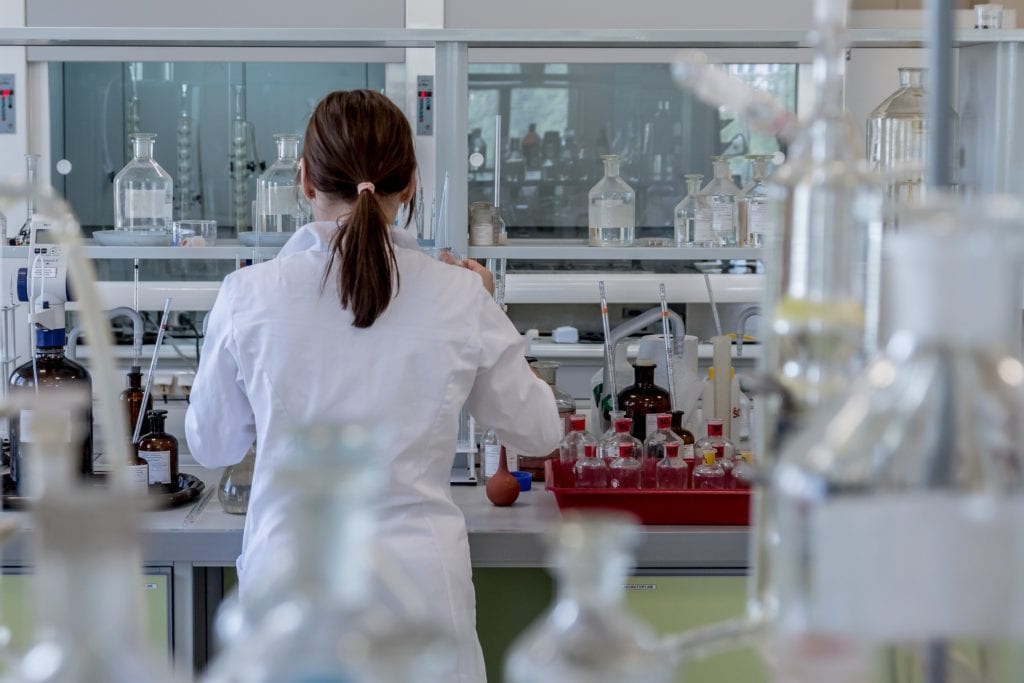On January 17th, Parent Project Muscular Dystrophy announced that the first patient had been treated with a new gene therapy. The therapy developed specifically for Duchenne muscular dystrophy is known as microdystrophin gene therapy. Keep reading to learn more about this first-of-its-kind development, or follow the original story on PR Newswire here.
One in every 5000 male births is estimated to be affect by Duchenne muscular dystrophy. It’s a genetic disorder that causes progressive muscle deterioration, which may lead to paralysis and death. Read more about this rare disorder here.
Parent Project Muscular Dystrophy (PPMD) is a nonprofit organization desiring to end Duchenne muscular dystrophy. PPMD weighed in by providing 2.2 million dollars in grant money towards the trial for microdystrophin gene therapy. Though PPMD has a history of providing key funding to developing therapies, this represents the largest single award the organization has ever written.
According to PPMD’s CEO, and founding president, Pat Furlong, this breakthrough stands as a monumental day for the Duchenne community. The successful creation and administration of the microdystrophin gene therapy was too lofty, even for dreams when PPMD was founded 24 years ago.
“We will learn a lot from this study,” says Furlong. He lists the production of necessary virus, the ability to prevent immune response to treatment, and effective delivery methods for systemic treatment all as goals to reach.
“But for now,” Furlong continues, “we are celebrating the first dosing of a Duchenne patient with microdystrophin gene therapy and we are celebrating the bravery of the little boy and his family participating in this breakthrough trial.”
Both doctors responsible for the treatment, Dr. Mendell and Dr. Rodino-Klapac, remark upon the incredible amount of work and team effort it took to bring this therapy to clinical trial. Every step of the process from development, to transport, to reporting and administration was careful and deliberate.
Besides PPMD, Sarepta Therapeutics Inc. supported the project as well. Sarepta provided additional financing as well as a research and option agreement with Nationwide Children’s Hospital where the treatment was administered.
President and CEO of Sarepta, Douglas Ingram, commented that the gene therapy going to trial represents a “transformational moment” in the battle against Duchenne muscular dystrophy. He views the new treatment as an opportunity to brighten the futures suffering children and drastically alter the path of Duchenne muscular dystrophy.
The young patient treated with the new microdystrophin gene therapy appears to be doing well.
Nothing conclusive can be determined yet. Researchers believe the virus takes several days to deliver the therapy and for it to fully be taken in by heart and muscle cells. Researchers and doctors continue to monitor the patient, and are always close by. PPMD is likely to learn and report more results in June at the company’s annual conference.








